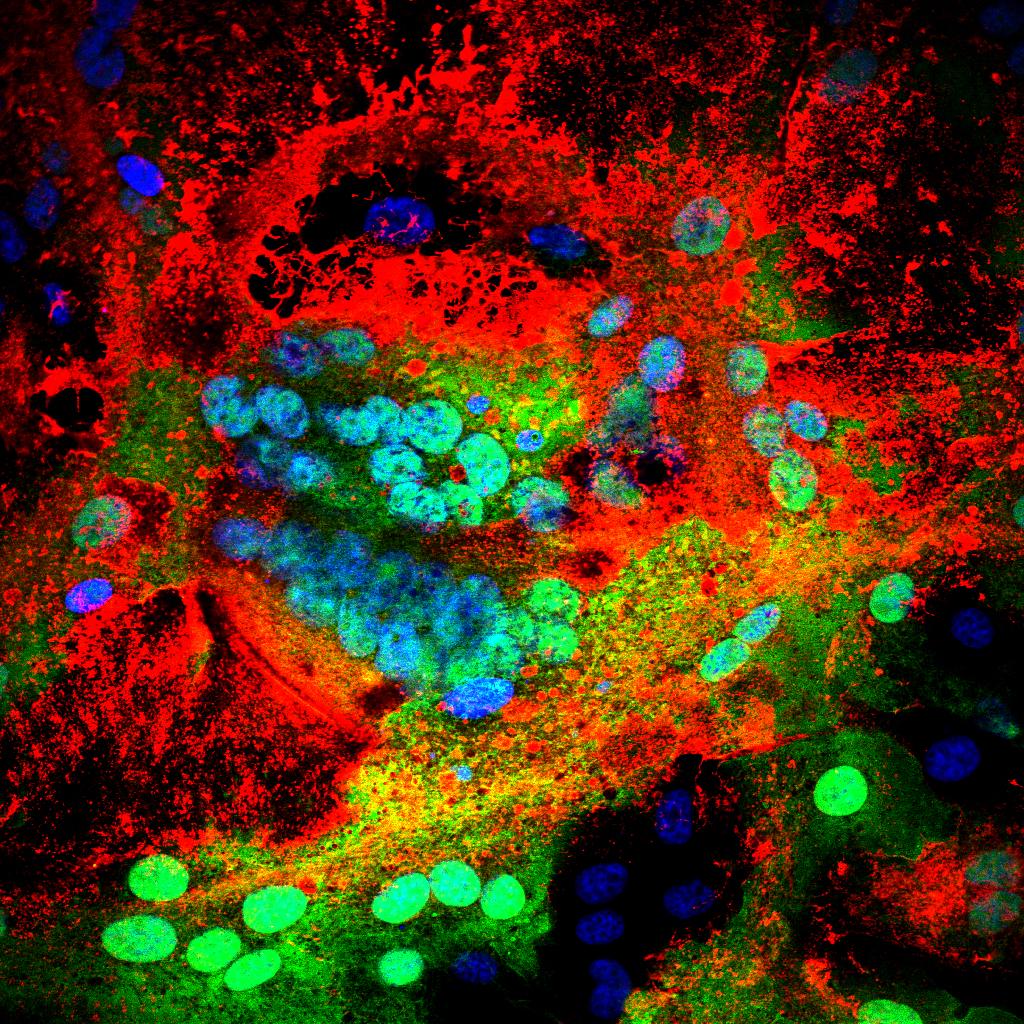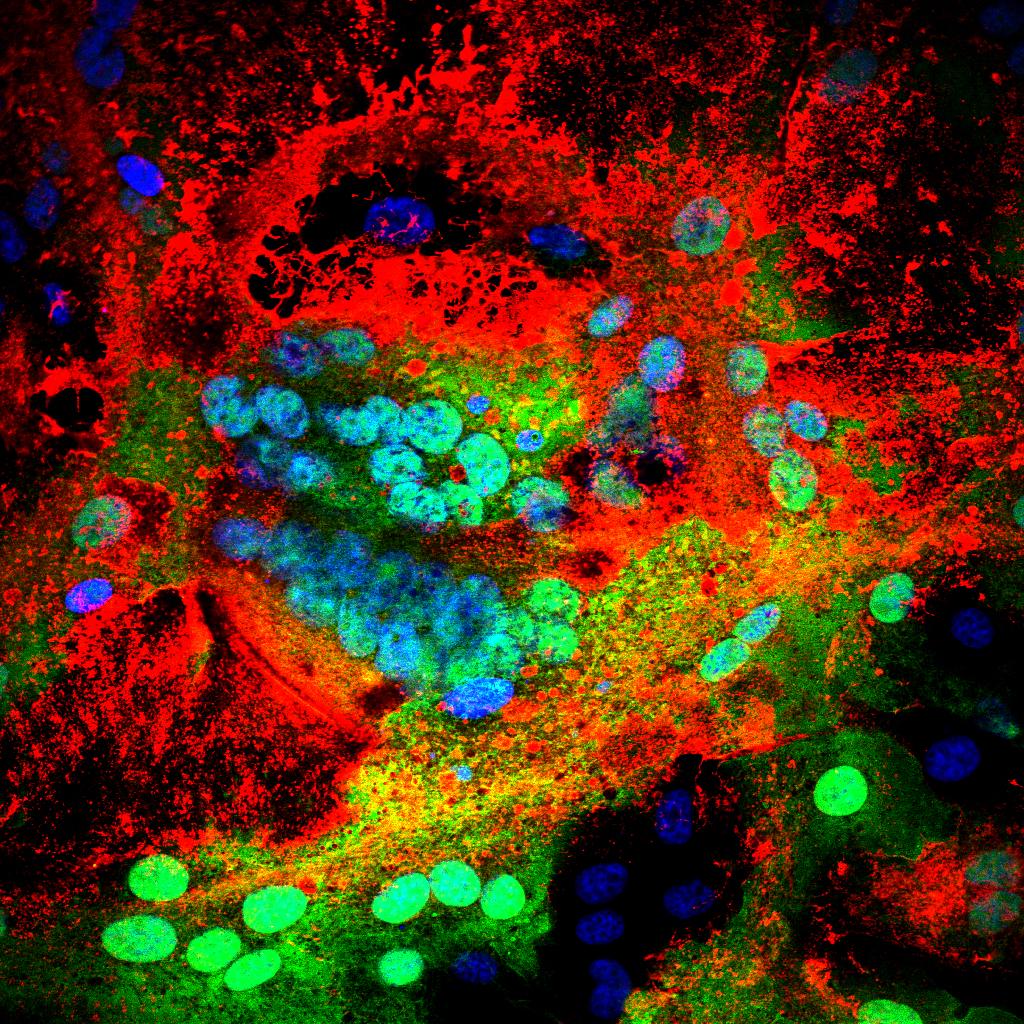Who should attend
This course has been specifically designed for laboratory staff who are responsible for implementing PPR diagnostic techniques in the laboratory. This course is not suitable for non-laboratory-based research or group leaders.
Requirements and qualifications
Participants must work within a laboratory and have a basic understanding of virological and related techniques. The course is presented in English.
Course details
- One-week course
- Dates: Monday 6 October - Friday 10 October 2025
- £1,350 ex VAT
- Limited to four participants
- Plowright Building
- Email us
- Closing Date: 30 June 2025
Course description
The course is designed and taught by subject matter experts within the WOAH Reference Laboratory for PPR. The course will include a combination of hands-on practical’s, demonstrations, lectures, and eLearning. Relevant course material will be provided at the close of the course.
Learning outcomes
In addition to the stated “Peste des petits ruminants (PPR) eLearning” outcomes, participants will be able to:
- Isolate PPR virus using cell culture.
- Apply diagnostic methods for PPRV genome detection including real-time RT-PCR and for N-gene RT-PCR.
- Perform serological PPR antibody detection methods including antibody ELISA, and serum neutralisation test.
- Characterise PPRV using F/N gene nucleotide sequencing and lineage determination.
Next steps
- Email your completed application form to pirbright.training@pirbright.ac.uk by 30 June 2025

